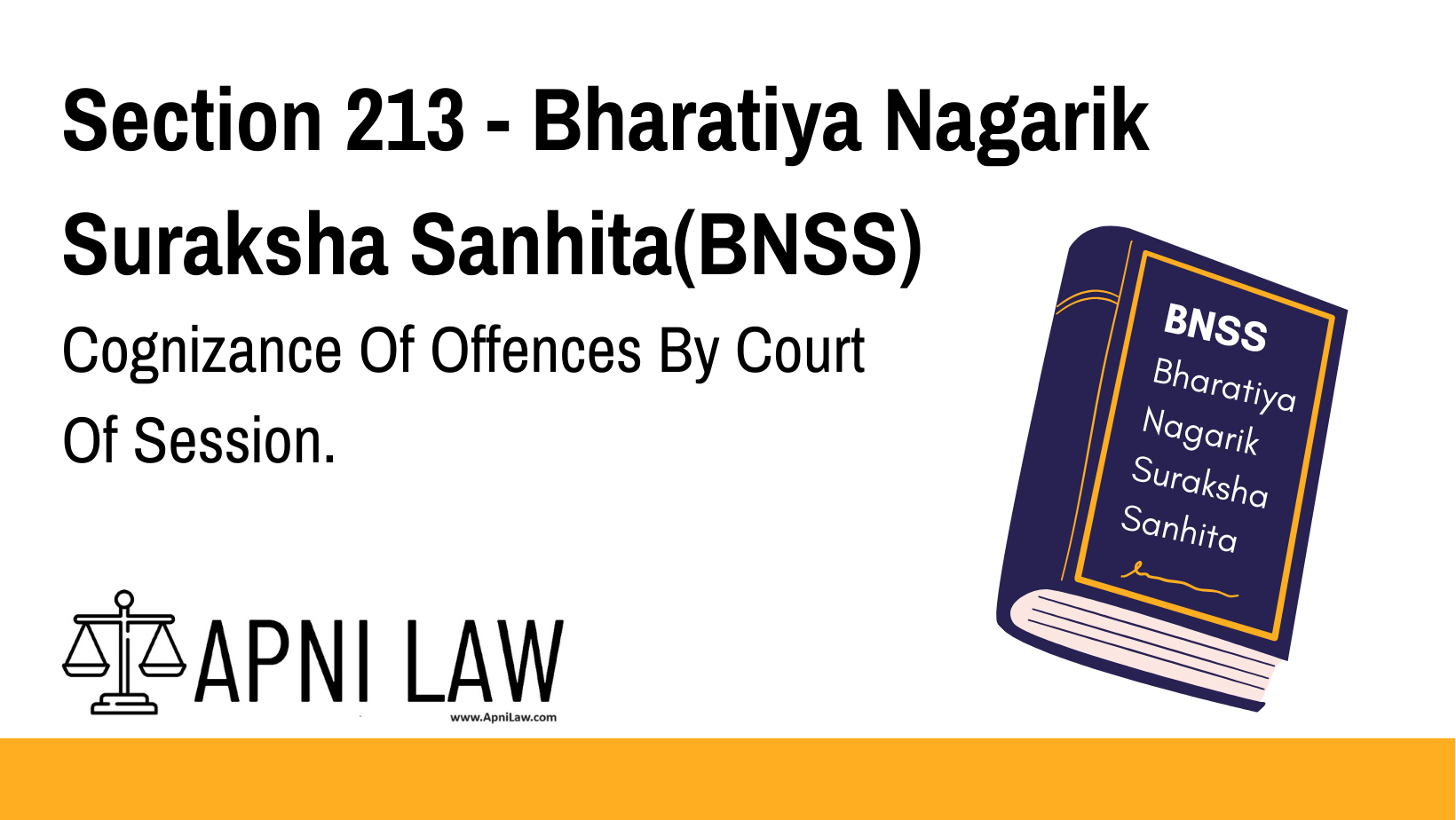Code:
Except as otherwise expressly provided by this Sanhita or by any other law for the time being in force, no Court of Session shall take cognizance of any offence as a Court of original jurisdiction unless the case has been committed to it by a Magistrate under this Sanhita.
Explanation:
This section outlines the jurisdiction of the Court of Session in criminal cases. It states that a Court of Session cannot initiate proceedings (act as a Court of original jurisdiction) for any offense unless:
- The offense is specifically assigned to the Court of Session by the BNSS or any other applicable law.
- The case has been transferred to the Court of Session by a Magistrate under the provisions of the BNSS.
Illustration:
Imagine a case involving murder. The initial investigation and trial are usually conducted by a Magistrate’s court (as a court of original jurisdiction). If the Magistrate, after concluding the initial investigation, believes that the evidence warrants a trial by a higher court, they can “commit” the case to the Court of Session. The Court of Session will then proceed with the trial as a court of appellate jurisdiction.
Common Questions and Answers:
- Q: What is the difference between a Court of original jurisdiction and a court of appellate jurisdiction?
A: A court of original jurisdiction is the first court to hear a case, while a court of appellate jurisdiction reviews the decisions of lower courts.
- Q: What happens if a Court of Session takes cognizance of a case without the case being committed by a Magistrate?
A: Such an action would be considered illegal, and the proceedings could be challenged on the grounds of lack of jurisdiction.
- Q: Are there any exceptions to this rule?
A: Yes, the section itself mentions exceptions. For instance, specific laws might directly grant jurisdiction to the Court of Session for certain offenses.








